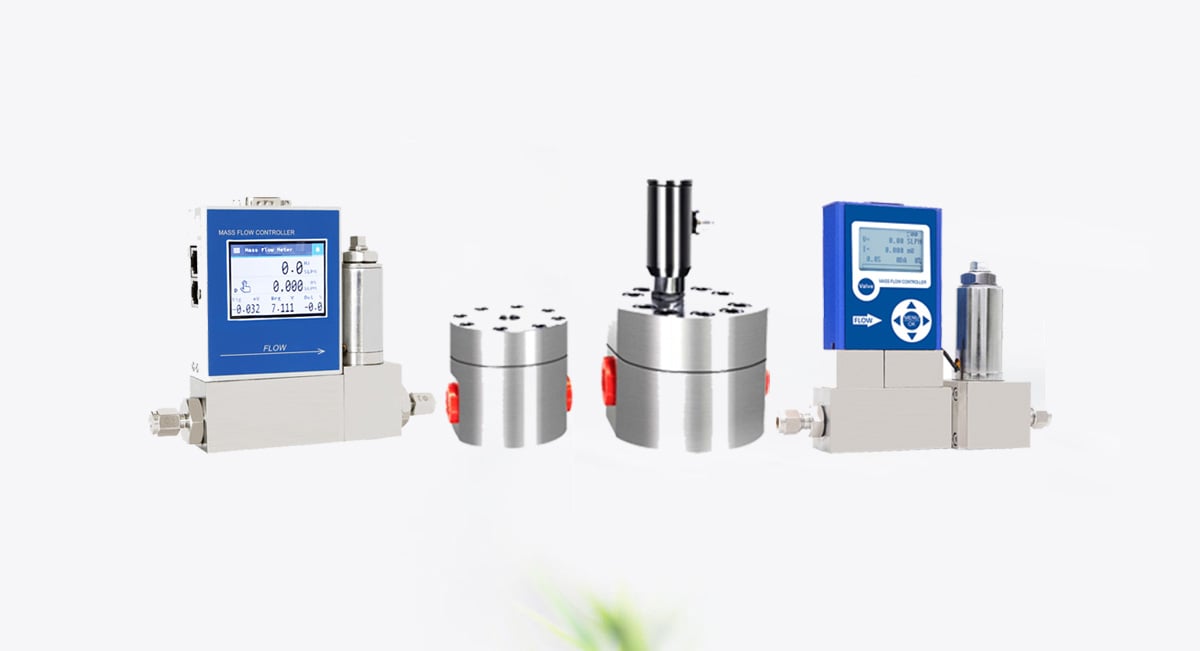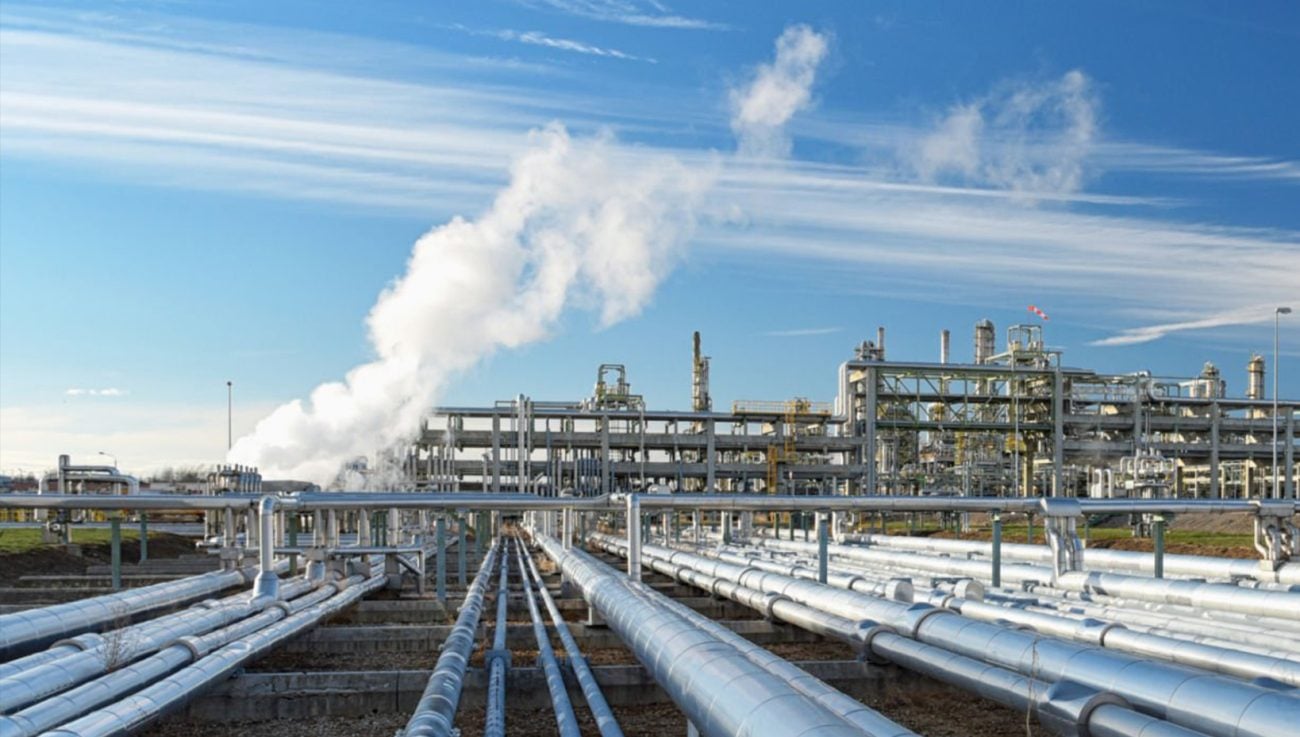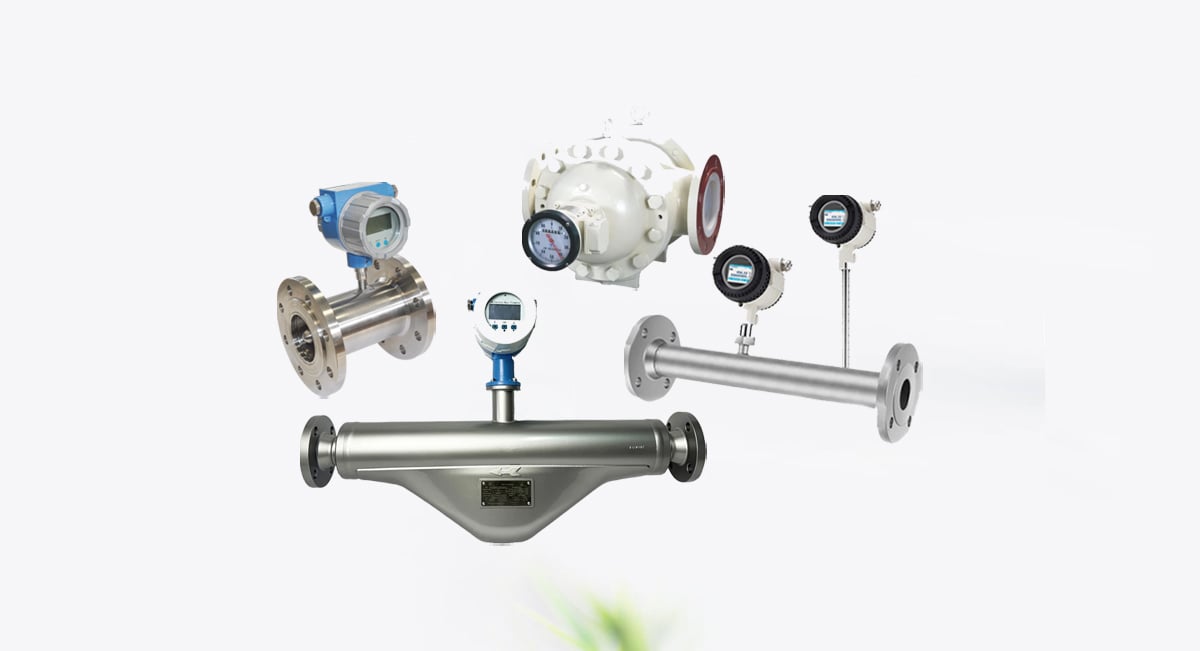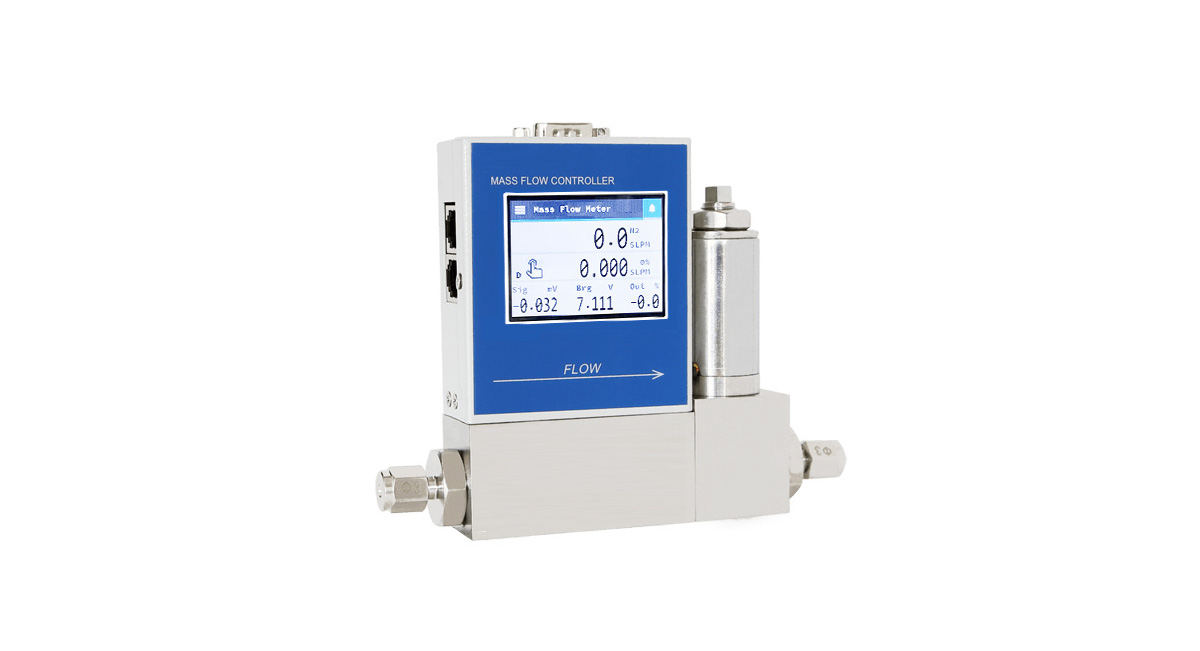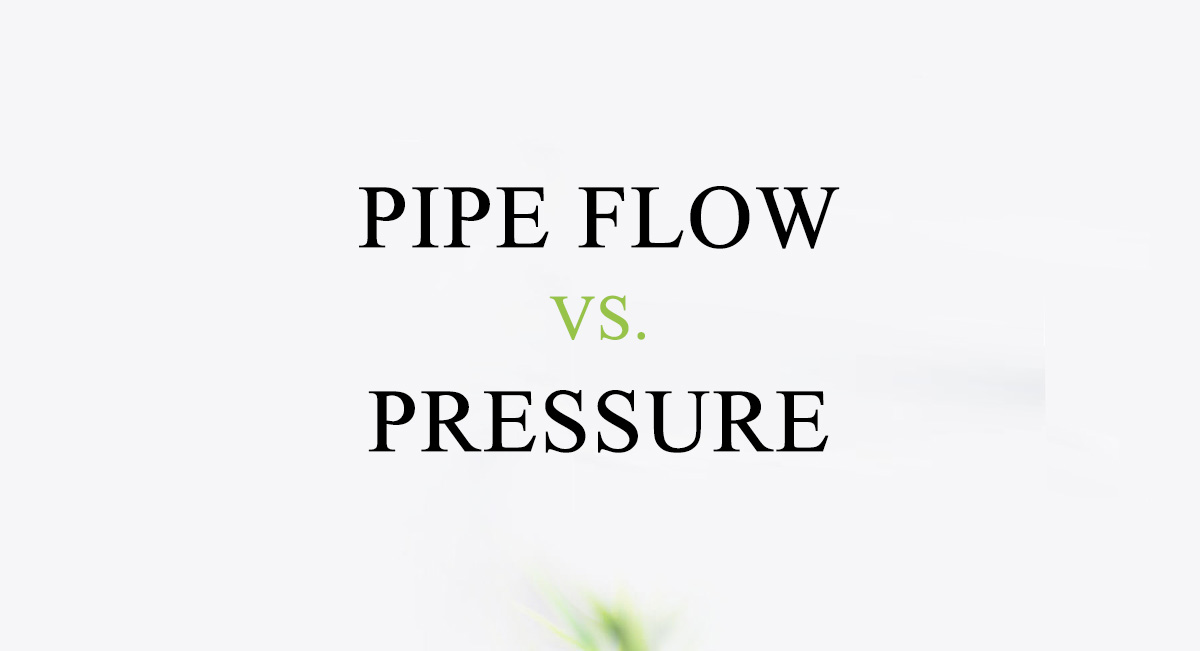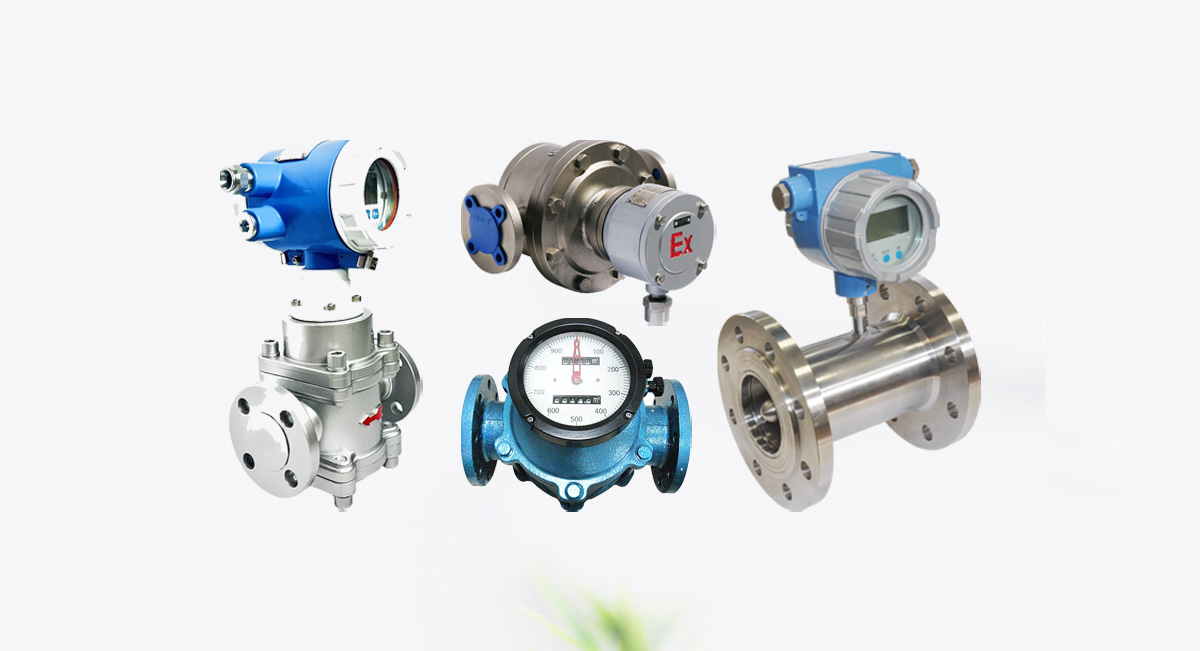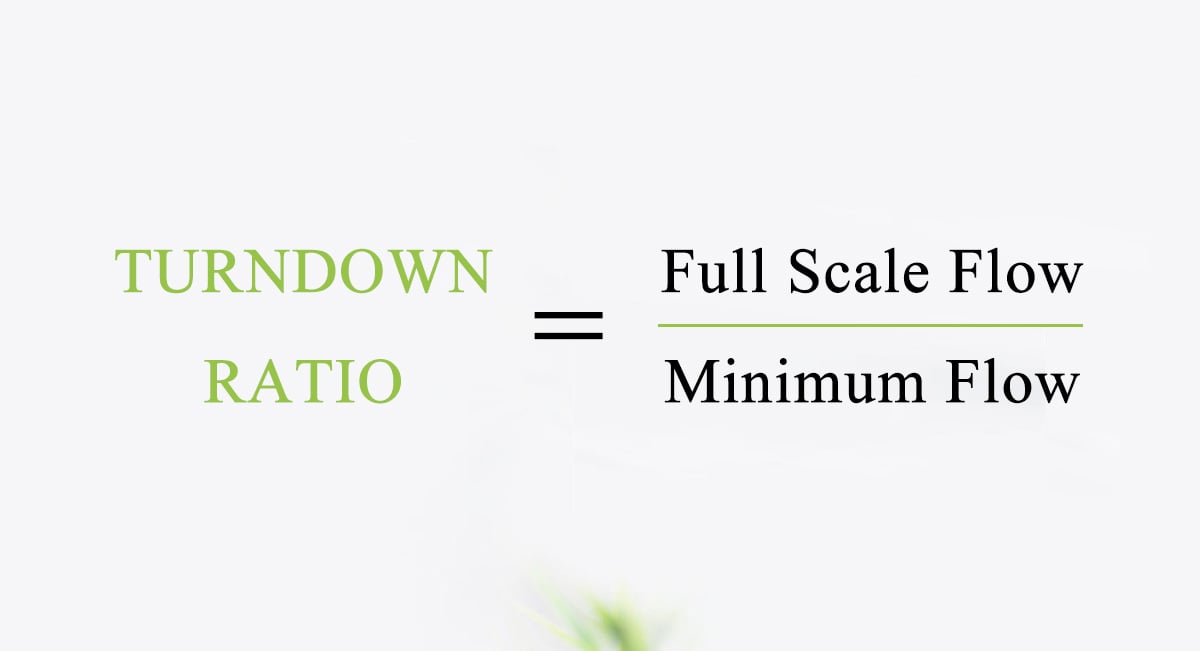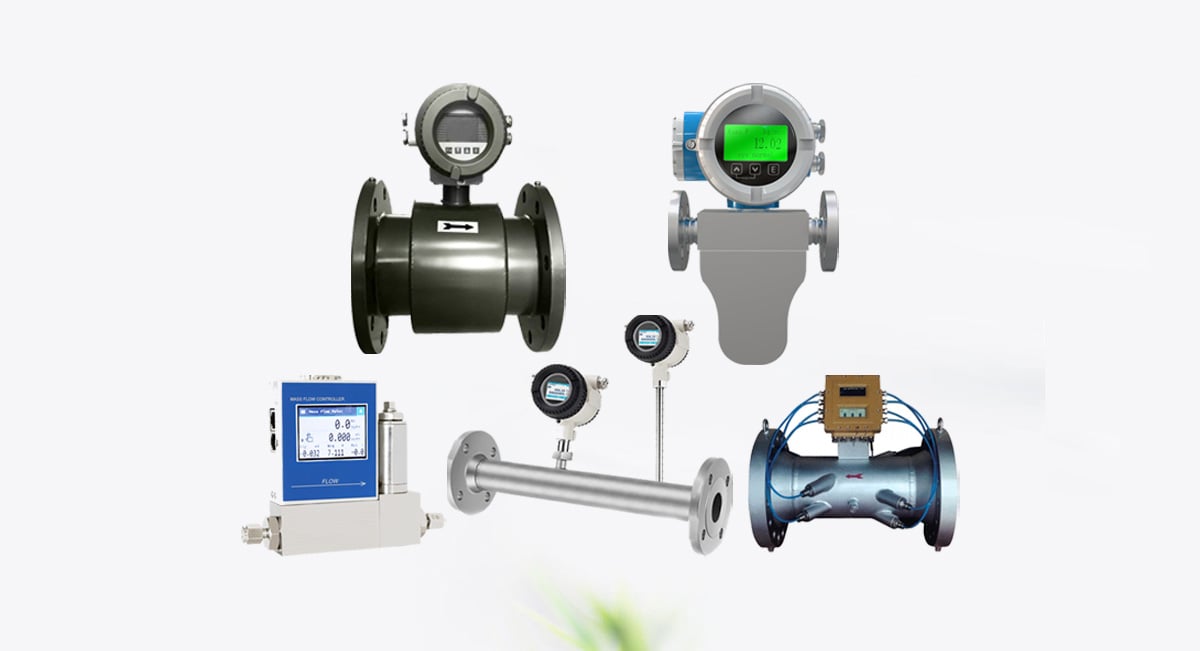In industries where precision is paramount, even the smallest flow rate can have a significant impact on process quality, safety, and efficiency. That’s where low flow flow meters come into play. Designed to measure extremely low flow rates with exceptional accuracy and repeatability, these specialized instruments are critical across a wide range of sectors, from pharmaceutical manufacturing to environmental monitoring.
Table of Contents
What is a Low Flow Flow Meter?
A low flow flow meter is an instrument specifically engineered to measure very small amounts of fluid flow—often in the range of milliliters per minute (mL/min). Standard flow meters may not be sensitive enough for such small volumes, but low flow meters maintain high performance at these levels.
Key characteristics:
- High sensitivity to small volume changes
- Minimal pressure drop
- Fast response time
- High accuracy and repeatability
Why Are Low Flow Flow Meters Needed?
Many industrial, scientific, and medical applications demand precise control of fluids at extremely low flow rates. Using regular flow meters in such contexts can result in inaccurate readings, inefficient processes, and even safety risks.
Here’s why low flow flow meters are essential:
1. Precision in Sensitive Processes
Small flow errors can lead to over- or under-dosing of critical materials, compromising product quality or safety. Low flow meters provide the high accuracy required in such situations.
2. Cost Savings
When working with expensive fluids or gases, accurate low flow measurement minimizes waste and reduces overall operational costs.
3. Leak Detection
Low flow meters can detect minor leaks in gas or fluid systems, helping to prevent losses or hazardous conditions.
4. Process Automation and Control
They are crucial in closed-loop systems where small flow changes need to be detected and corrected in real-time.
Recommended Low Flow Flow Meters
Choosing the right low flow flow meter depends on several factors: fluid type, viscosity, temperature, pressure, and required accuracy. Below are four highly recommended technologies.
1. Positive Displacement Gear Flow Meter – Ideal for High-Viscosity Liquids
Ideal for high-viscosity fluids like oil, wax, honey, and resin, this meter provides reliable and repeatable measurements even at very low flow rates. Positive displacement flow meter is widely used in chemical dosing, food processing, and adhesive dispensing.
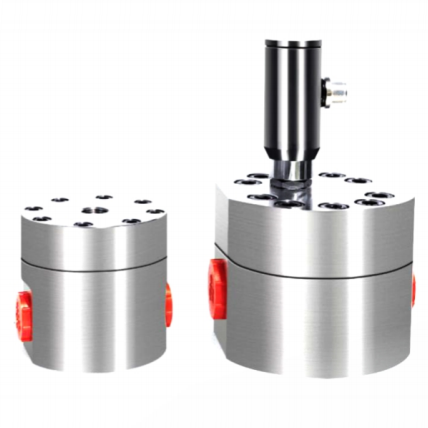
Applications:
- High viscosity fluids like oil, resin, wax, glue, honey
- High-precision dispensing and batching
- Food and cosmetic production
Advantages:
- Low maintenance and long lifespan
- High accuracy regardless of viscosity
- Stable performance at low flow
2. Thermal Gas Mass Flow Meter – Best for Clean Low Flow Gases
This meter uses thermal sensors to measure clean, dry gas flows with extreme sensitivity. It is perfect for laboratory R&D, environmental analysis, and gas mixing.
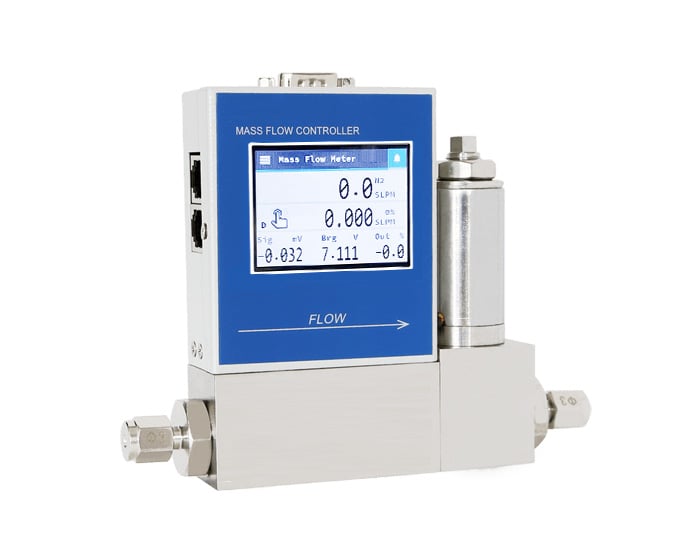
Applications:
- Nitrogen, oxygen, CO₂, argon, and other clean gases
- Gas monitoring in labs and cleanrooms
- Leak detection in pipelines
Advantages:
- Optional built-in control valve
- Direct mass flow measurement
- No moving parts, minimal drift
3. Differential Pressure Gas Mass Flow Meter – Versatile for Gases, Steam, and Liquids
A highly versatile meter that can handle gases, steam, and liquids, this solution is ideal for multi-fluid systems in HVAC, industrial automation, and process control.
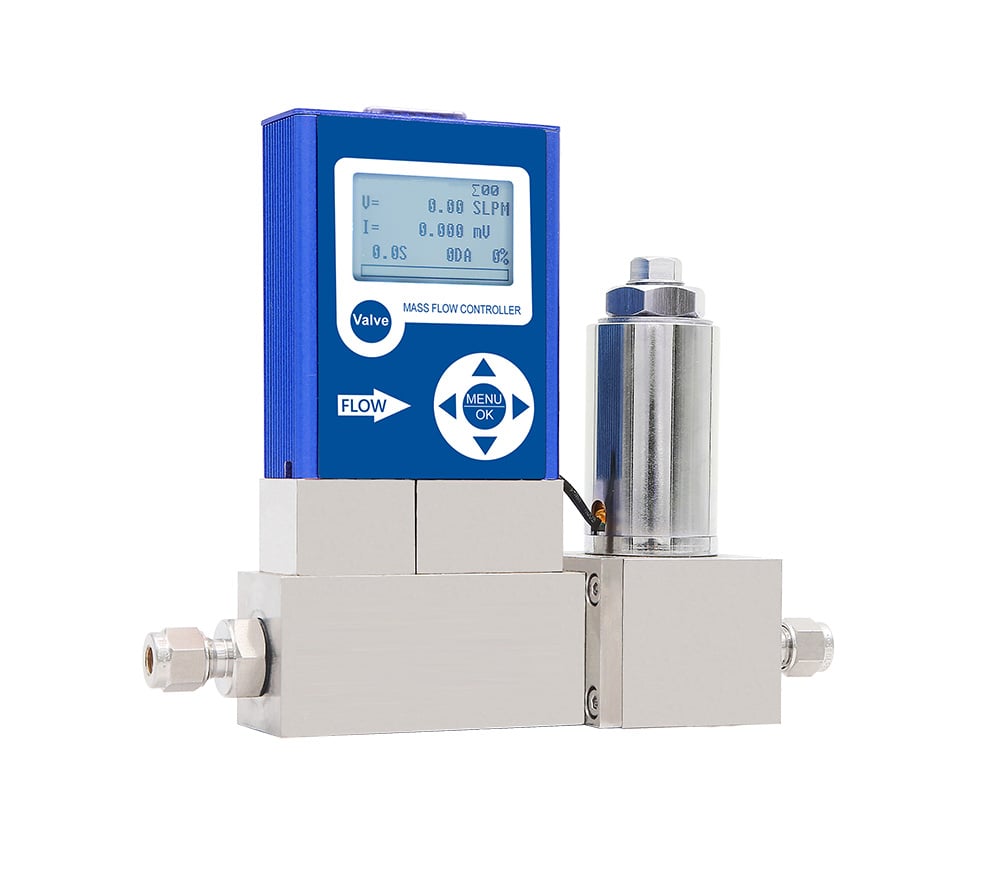
Applications:
- Air, steam, and liquids
- Industrial automation
- Smart building and HVAC monitoring
Advantages:
- Digital output and compact design
- Multi-fluid compatibility
- Wide dynamic flow range
4. Coriolis Mass Flow Meter– Universal Accuracy for Gases and Liquids
Known for its unmatched accuracy, the Coriolis meter directly measures mass flow and density, independent of fluid properties like temperature or viscosity. It works for both gases and liquids, even in ultra-low flow applications.
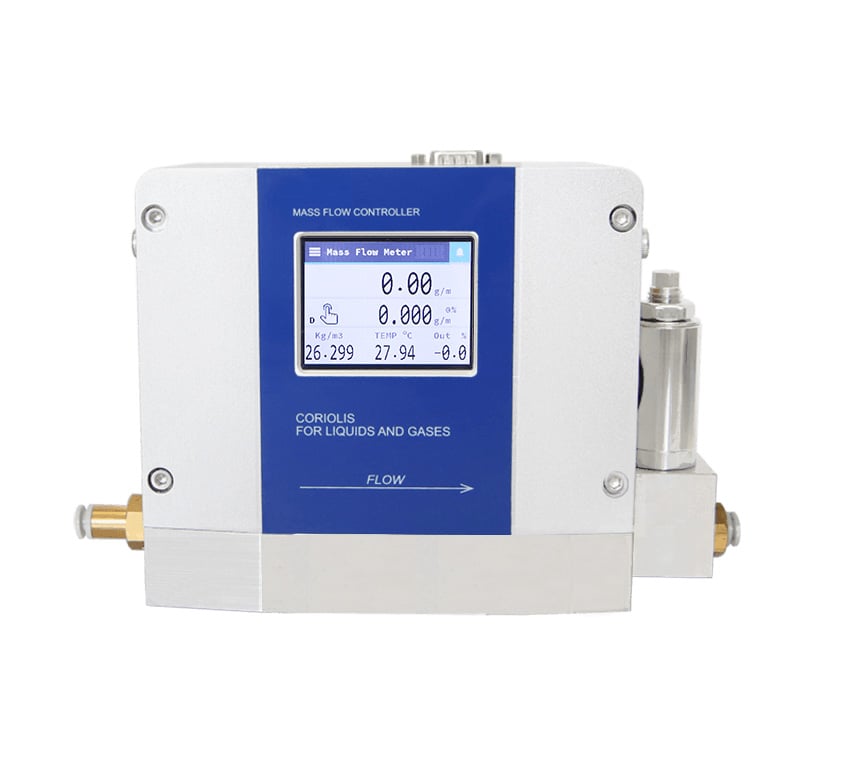
Applications:
- High-purity gas or liquid measurement
- Fuel cell research
- Specialty chemical dosing
Advantages:
- Excellent for demanding process environments
- Real mass and density readings
- Immune to changes in temperature or pressure
Low flow flow meters are indispensable when accuracy, reliability, and control are required at very low flow rates. From high-viscosity liquids like honey to ultra-low flow gases in laboratory environments, choosing the right metering technology ensures not only performance and quality but also safety and efficiency.
At Metlan Instruments, we provide a comprehensive range of low flow measurement solutions designed for challenging industrial and scientific environments. Every flow meter is calibrated and assigned a unique serial number corresponding to all calibration data. Whether you need a gear meter for viscous fluids, a Coriolis meter for high-precision liquid/gas monitoring, or a thermal/differential pressure device for gas flow control—we’ve got you covered.
👉 Need help selecting the right low flow meter for your application?
Contact us for technical advice or product recommendations tailored to your needs.

